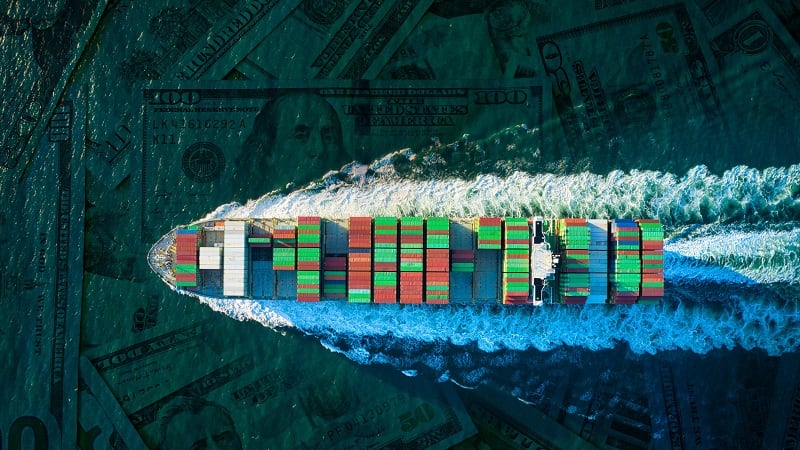The figures covering 17,000 food and drink businesses were revealed at a Scotland Food & Drink reception in the Scottish Parliament this week.
The figures, published by the Scottish Government from the Annual Business Survey and the Farming and Agricultural Census, represent the industry value in 2023, with a two-year time lag for collation, verification, and analysis.
It also found that food and drink was Scotland’s third largest industry by value and added a record £7 billion in Gross Value Add (GVA) to the economy. GVA, a measure of profitability, highlights that the benefits the sector brings will be felt across communities in every corner of the country, where 123,000 people are employed in creating Scottish food and drink.
The increase in the industry value was driven by domestic and export growth, as well as higher market prices due to inflationary pressure on input and energy costs, the figures said.
Iain Baxter, chief executive of Scotland Food & Drink revealed the new data at the organisation’s Parliamentary reception in Holyrood.
He said: “Ordinarily we’d be toasting the success of industry growth, but with the new figures, we’re cautiously optimistic rather than celebratory.
“This has been achieved during some incredibly challenging times including the fallout from Brexit, the war in Ukraine, the Middle East Crisis and the global pandemic. It shows how the power of perseverance, ambition, partnership and continued investment in one of Scotland’s most valuable and resilient industries can ensure sustainable growth.”
He said that despite the challenges of intensifying global competition, increasing costs along with the issues of sustainability, availability of labour and workforce development these figures show that the Scottish food and drink industry has remained resilient in recent years.
“Food price inflation has undoubtedly played a part in the growth of our sector’s value, but Scottish food and drink producers are under significant cost pressures arising from stubbornly high input costs,” he said.
“Persistently high input costs, labour shortages, infrastructure gaps, international competition, regulatory pressures and the urgent need to transition to Net Zero all demand coordinated action – action that, through our partnership, we are committed to taking."


